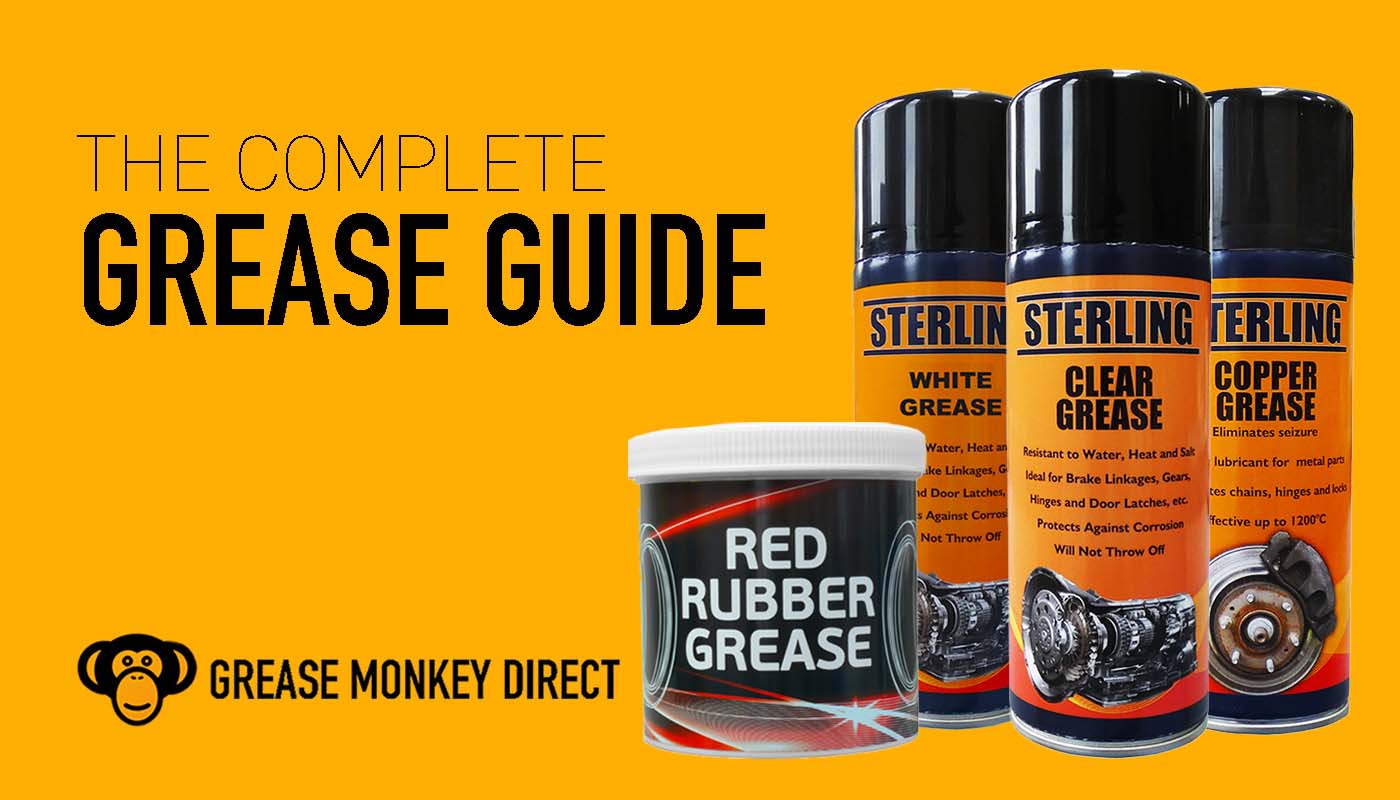When it comes to lubrication in machinery, vehicles, and various industrial applications, two substances often come to mind: grease and oil. While they both serve the fundamental purpose of reducing friction between moving parts, their composition, properties, and applications differ significantly. This article delves into the characteristics of grease and oil, highlighting their differences and uses.
Characteristics of Grease and Oil: Differences and Uses
Composition and Consistency
Grease is essentially a semi-solid lubricant created by combining oil with a thickening agent, such as soap or clay. This mixture results in a substance with a higher viscosity than oil, meaning it’s thicker and has better-staying power. The consistency of grease allows it to provide long-lasting lubrication and makes it ideal for components that require a seal against water and other contaminants.
Oil, on the other hand, is a liquid lubricant with a lower viscosity. It flows easily and can penetrate small spaces within machinery, making it suitable for applications where parts move rapidly and need constant lubrication.
Viscosity and Application
The viscosity of a lubricant is a critical factor in its application. Grease’s high viscosity means it doesn’t flow as readily as oil, which allows it to stay in place and provide a durable layer of lubrication. This characteristic is particularly beneficial for heavy machinery or parts that are not frequently accessed for maintenance.
Oil’s lower viscosity enables it to spread quickly and lubricate areas that are difficult to reach. It’s commonly used in engines, hydraulic systems, and machinery where a thin, fluid layer of lubrication is required for efficient operation1.
Temperature Range and Performance
Another aspect to consider is the temperature range within which these lubricants can operate effectively. Grease can withstand higher temperatures without breaking down, making it suitable for high-temperature environments or applications where heat is generated during operation.
Oil performs well at lower temperatures and maintains its fluidity, ensuring that it continues to lubricate effectively even in colder conditions. This makes it a preferred choice for applications in varying climates and for parts that need to remain operational in a range of temperatures.
Water Resistance
Grease generally offers better water resistance compared to oil. This property makes it advantageous in wet or humid conditions, where it can prevent water and other substances from entering and damaging the components it is protecting.
In summary, while grease contains oil as one of its components, it is not merely oil. The addition of a thickening agent transforms the oil into a semi-solid lubricant with distinct properties and applications. Understanding the differences between grease and oil is crucial for selecting the appropriate lubricant for a given task, ensuring the longevity and efficiency of the equipment in question.
By considering factors such as viscosity, temperature range, and water resistance, one can make an informed decision on whether grease or oil is the better choice for their specific lubrication needs.
Read More: Why Does My Engine Oil Look Like Grease?
What are Specialty Greases? An Ultimate Guide
Specialty greases refer to a specific type of lubricating grease that is formulated with unique additives, base oils, and thickeners to enhance its performance in specific situations. These greases are designed to meet the demands of extreme environments, unique running conditions, and specific industry guidelines, such as those in the food industry and biodegradability standards.
In the lubrication industry, greases play a major role in reducing friction and wear on moving parts, preventing corrosion, providing sealing properties, and extending the life of equipment. Specialty greases are tailored to address the specific needs of various industries and applications, ensuring optimal performance and protection.

Credit: www.andersonintl.com
Types of Specialty Greases
There are several types of specialty greases available on the market, each offering unique characteristics and advantages:
| Grease Type | Description |
|---|---|
| Polyurea Grease | Polyurea greases are known for their exceptional high-temperature stability, oxidation resistance, and water resistance. They are commonly used in applications that involve extreme temperatures or in environments where water exposure is a concern. |
| Calcium Grease | Calcium greases were among the first greases manufactured for general use. They offer good water resistance and rust protection and are suitable for low- to moderate-temperature applications. |
| Lithium Grease | Lithium greases are popular multi-purpose greases due to their superior performance compared to calcium and sodium greases. They have good water resistance and are suitable for a wide range of temperatures. |
| Aluminium Complex Grease | Aluminium complex greases are known for their high-temperature performance and excellent water resistance. They are commonly used in applications where extreme temperatures and water exposure are present. |
| Barium Complex Grease | Barium complex greases offer excellent shear stability, oxidation resistance, and water resistance. They are commonly used in applications with high loads and severe operating conditions. |
| Bentone (Clay) Grease | Bentone greases are formulated with a clay thickener, providing excellent resistance to water washout and great stability at high temperatures. They are commonly used in applications exposed to water and high temperatures. |
| Sodium Grease | Sodium greases have good high-temperature performance but are less effective in terms of water resistance. They are commonly used in applications that prioritize high temperatures over water exposure. |
In addition to these commonly used types, there are other specialty greases available on the market, such as polyurea, silicon, inorganic, and PFPE greases. These greases are designed to meet specific industry requirements and provide superior performance.

Credit: www.greasemonkeydirect.com
Benefits of Specialty Greases
Specialty greases offer several benefits that make them ideal for specific applications:
- Enhanced performance in extreme environments and running conditions
- Improved water resistance
- Superior high-temperature stability
- Excellent oxidation and corrosion protection
- Compliance with industry guidelines and biodegradability standards
By using specialty greases, industries can optimize equipment performance, reduce downtime, and extend the lifespan of their machinery.
Read More: How to Remove Engine Oil and Grease from Clothes and Engines
Final Verdict
Specialty greases are formulated to meet the unique demands of different industries and applications. With their specific additives, base oils, and thickeners, these greases offer enhanced performance in extreme conditions, unique running environments, and compliance with industry standards. By using specialty greases, industries can ensure optimal equipment performance, reduce maintenance costs, and extend the life of their machinery.


